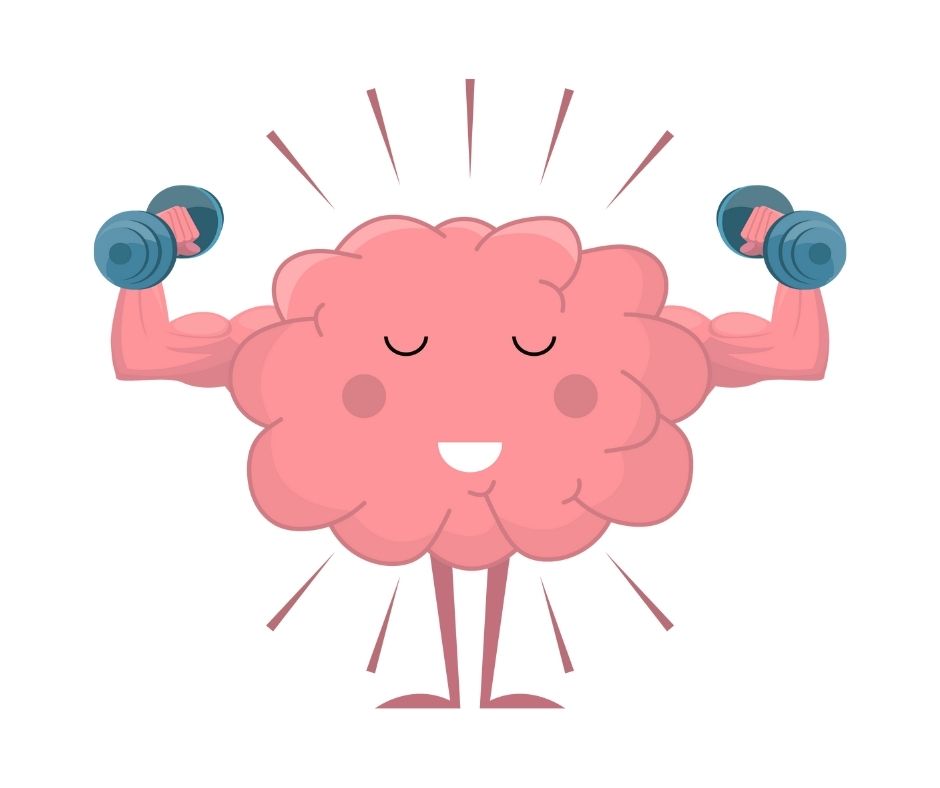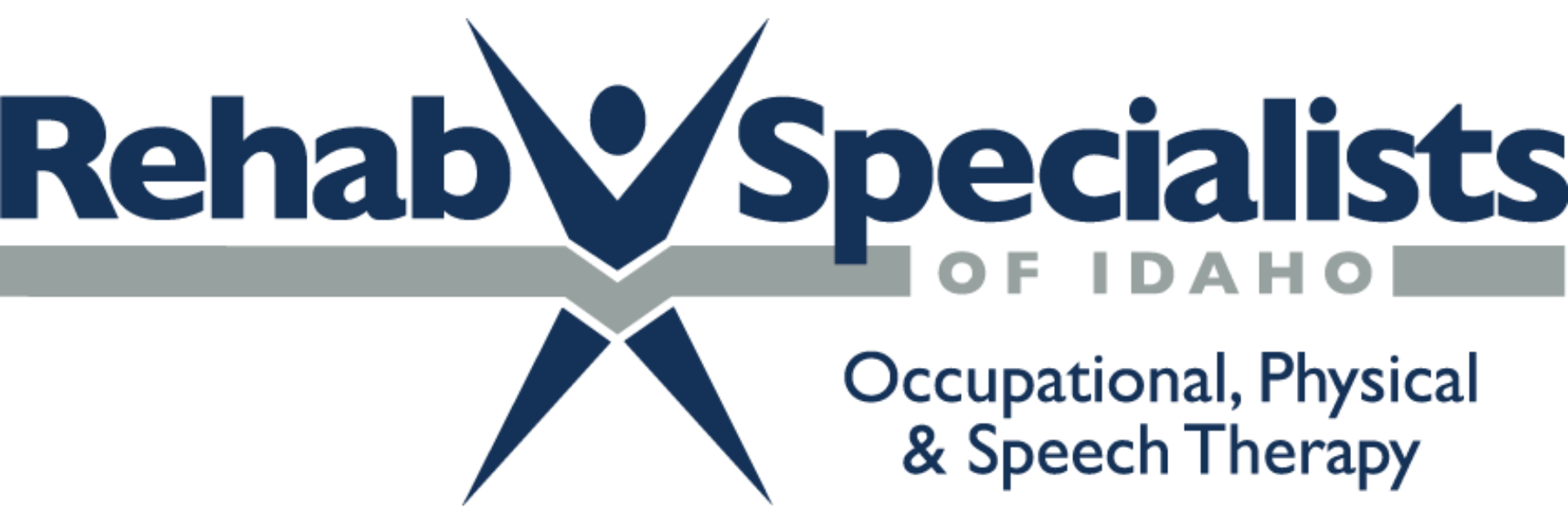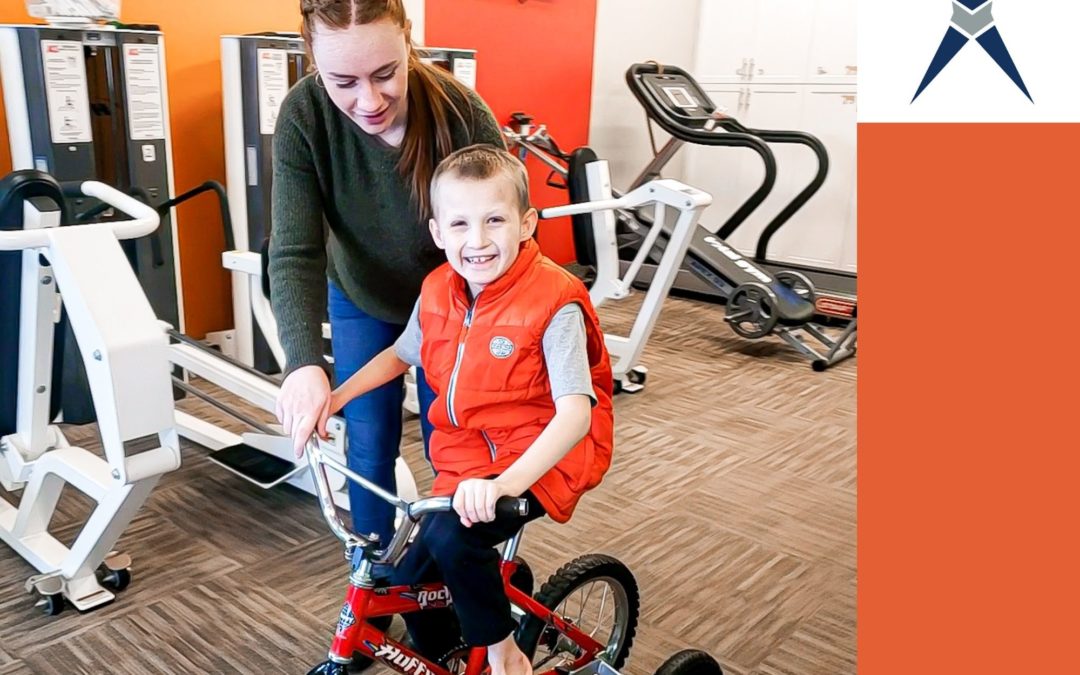Do you want your kids to do better in math? How about improving their concentration? Behavior? Reading? Spelling? Overall academic achievement?
The answer is not a pill. It’s not a magic app. It’s not even a mysterious fruit from Indonesia! The key to helping your child with many academic concerns is EXERCISE!
Research shows that exercise can help a child’s math scores, concentration, behavior, reading, spelling, and overall academic achievement!

Types of exercise, and what frequency is needed for benefits:
- One of the greatest brain gains of exercise is the ability for physical activity to improve actual brain function by helping nerve cells to multiply, creating more connections for learning.
- During periods of strenuous exercise, brain chemicals such as dopamine and norepinephrine are released. These chemicals play important roles in memory formation, learning, attention management, and motivation.
- Children who participate in an in-class physical activity program improve their on-task behaviors by 20 percent.
- Body awareness, balance, spatial awareness, and visual perceptual exercise sessions significantly improved fine motor skills, gross motor skills, reading and spelling in the first-grade students.
- An acute bout of exercise, of either an intermittent or continuous nature, improves executive function in children, and effects are maintained for ≤ 30 min following exercise cessation. Therefore, it is recommended that children should participate in bouts of physical activity during the school day to help boost students’ academic performance
- An increase in physical activity has a significant positive effect on cognition, especially for early elementary and middle school students.
- Regular exercise has a positive impact on behaviors in the classroom in school-aged children.
- Lower levels of moderate to vigorous physical activity, higher levels of sedentary time, and particularly the combination of the two, were related to poorer reading skills in boys.
- Exercising twice per week or more is associated with higher working memory scores and lower inattentiveness scores at baseline when compared with exercising only once per week or less. To see study sources and read more, click here.
Questions? Concerns?
If you have concerns about your child’s physical performance. Visit our “How to Know if Pediatric Physical Therapy is Needed” post or give us a call and schedule a free screening with a physical therapist. 208-359-9570

